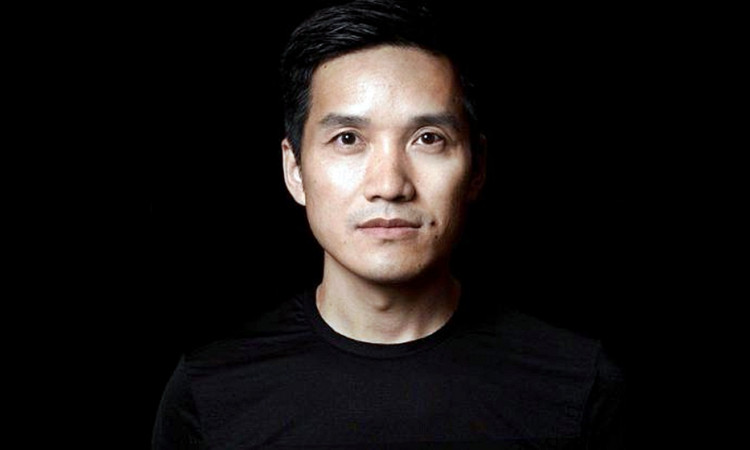Four-year-old Chinese smartphone maker OnePlus, whose OnePlus 6 is half the price of an Apple iPhone X but almost as capable, plans to move from cheap phones into a new product: a connected online TV device.
OnePlus TV is a radical departure from the low-cost, high-powered smartphones that gave OnePlus a chance against leading smartphone brands. And this TV device will definitely be affordable given the OnePlus' focus on low-cost devices.
The company on Sept. 23 will officially break the news that it'll expand its product line-up to include TVs. OnePlus TV is scheduled to hit markets in 2019.
OnePlus TV is in the early stages of development, but might, might get to market in 2019. Meeting this deadline, however, means OnePlus will have to rush the development of post-release software updates. These software updates will gradually make the OnePlus smart TV smarter and more connected over the five years following the launch.
OnePlus founder Pete Lau said his vision is to make a smart TV device that seamlessly connects to a user's smartphone. OnePlus TV will also have the functionality of a smart AI assistant (a la Alexa), but with more reliance on visuals.
A lot of the details about OnePlus TV remain unclear, perhaps intentionally, but Lau says that OnePlus is going to be "smart." Lau did hint at the powerful features of his smart TV, saying OnePlus is building a premium, flagship TV with the high-end specs to match. Those specs might include 4K resolution and HDR (high dynamic range) for enhanced colors and contrast.
Lau's vision is to evolve the typical smart TV into one that's smarter and seamlessly connected to smartphones. He also wants OnePlus TV to have the assistive functionality associated with Amazon's Echo and Google's Home. That means beaming photos and home videos to a user's TV without the need to install an app or third-party service.
Asked why OnePlus was daring to venture into the unknown, Lau said the company believes the current market for TVs remains quite traditional in its functionality and experience. OnePlus and its smart connected TV want to change that.
Lau also pointed out traditional TV hasn't really well-integrated the internet into the viewing experience. What today's internet immersed TV viewers want is a TV viewing experience similar to what would be expected in today's connected society, said Lau.
Lau said developing the smart TV will have to be a process that proceeds step by step. It won't be something that's perfect. Neither will it be absolutely complete and revolutionary from the start. So, we can't get everyone's hopes up too soon, said Lau.






